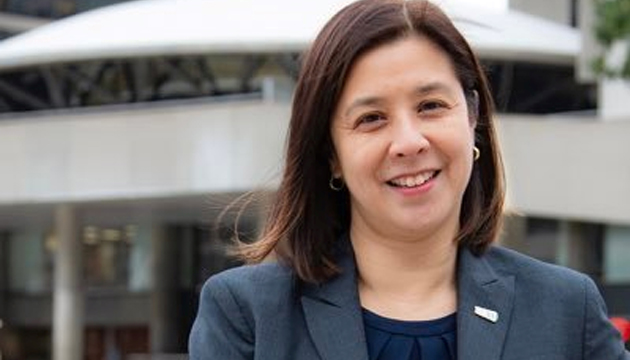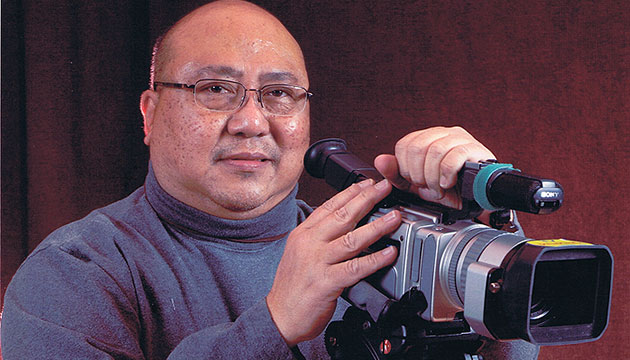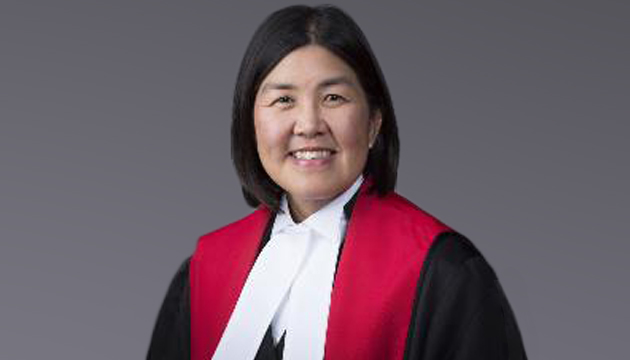A number of municipal groups, health coalitions and advocacy organizations have protested Ontario Premier Doug Ford’s cuts to provincial public health funding. Among them is Toronto Public Health (TPH) led by its chief medical officer, Dr. Eileen de Villa, a soft-spoken mother of teenage boys and a Canadian Filipino.
In a statement to reporters in April, de Villa warned that the cuts will have “significant negative impacts on the health of Toronto residents.” The City of Toronto estimates a loss of provincial funding of about $1 billion over the next 10 years, thereby losing services like free injection sites.
When Ontario Health Minister Christine Elliott tweeted that the statements opposing Ford’s funding cuts were “seriously misleading” and “fear-mongering,” de Villa did not mince words. At a city hall press conference, she stressed that investing in public health services prevents costly illnesses and diseases, therefore actually saving money for the government. She added, “I expect you will see deaths – I don’t think that’s hyperbole, nor do I think that’s an exaggeration. I think it’s calling facts as they are.”
De Villa may have inherited her “champion of the people” genes from her parents, cardiologist Dr. Maria Antonina “Nenette” de Villa and the late Dr. Guillermo “Jun” de Villa, an obstetrician/gynecologist. The value of always giving back was imbued into her and older brother Joey.
“I was raised in a household where the general teaching was, ‘you’ve been a very fortunate person; you’ve been afforded a great opportunity,’ and the expectation is to give back,” de Villa shared in an interview with the Toronto Star in 2017, soon after she took office at the TPH.
De Villa was born in Boston where her parents did their residencies. In 1972, Jun de Villa brought his family back to the Philippines; he and Nenette wanted their children to be raised in the Philippines and call it their home.
However, 1972 was also the year that Ferdinand Marcos declared martial law and in less than three years, the family fled to Canada. Jun de Villa became active in an anti-Marcos group in Toronto, following the assassination of Senator Benigno “Ninoy” Aquino in 1983.
It was in this backdrop that the young Eileen de Villa listened to dinner conversations about political unrest and martial law atrocities in the Philippines, the birthplace of her parents and brother as well as the home of the de Villas’ extended family.
Her family planted the seeds of de Villa’s public health advocacy.
Hesitating at first to follow in her parents’ footsteps, de Villa finished a science degree with majors in psychology and women’s at McGill University. In an interview with the university’s alumni magazine, de Villa shared that she took her time in deciding to be a doctor. “Actually trying to narrow down, to say that ‘this is what I’m going to do for the rest of my life,’ I found very challenging.”
An internship with the United Nations supporting developing countries led her to become interested in “community health” as it was called at that time. It was then that she realized she could help even more within public health if she became a doctor.
In a Toronto Star interview, de Villa commented, “So I ended up with this wonderful blend of medical, health care and health system-related (knowledge) along with political and public policy aspects – which, at the end of the day, is public health.”
She went on to complete her degree as a doctor of medicine and master of health science from the University of Toronto. She also holds a master of business administration from the Schulich School of Business.
After serving as Peel Region’s medical officer of health, de Villa was appointed to the TPH top position in 2017. She quickly came to the realization that the city faces a formidable enemy: the opioid crisis.
In a recent talk, de Villa visualized the severity of the problem: “What if I told you that every month in Canada, an airplane full of people crashed and everyone on board was killed.” As many as 300 people die every month from drug overdoses, as many as passengers in a passenger plane.
Though very controversial, de Villa advocates for the decriminalization of all drugs for personal use. She released a report on the issue last year, adding that “Our belief, based on the evidence, is that the criminalization of people who take drugs is actually contributing to this opioid overdose emergency…because it forces people into unsafe drug practices and presents a barrier to those who might be seeking help.”
In describing her job, she shared with the Globe and Mail, “My job is to make sure we bring the best science, the best evidence that exists out there, to the situation we see here in Toronto.”
When speaking about public health funding cuts, for or against it, politicians may very well heed the words of this fact-based doctor.














